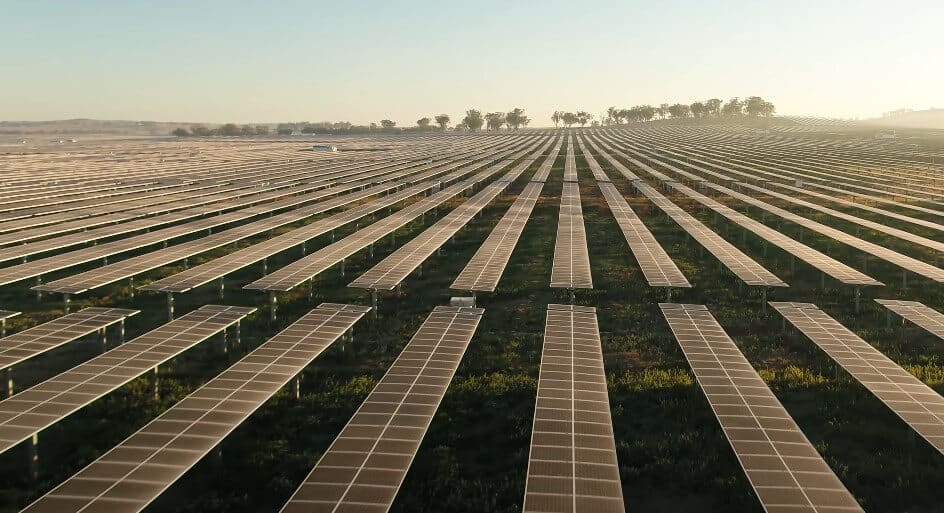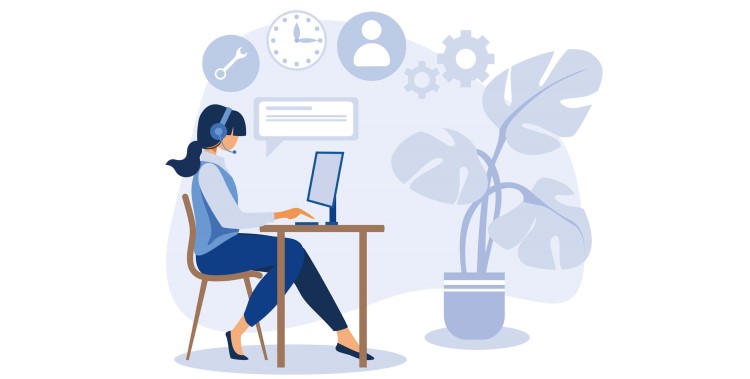Australia in 2025 is undergoing a dynamic economic transformation. Emerging industries are fueled by tech breakthroughs, energy transitions, and changing demographics.
Startups now find themselves at the center of opportunity as demand shifts across key sectors.
Strategic timing and innovation can mean the difference between growth and stagnation.
Keeping a sharp eye on fast-growing areas is no longer optional—it’s essential.
1. Artificial Intelligence and Cybersecurity

Artificial Intelligence and Cybersecurity are no longer side industries—they’re central to Australia’s innovation boom.
With AI driving decision-making in healthcare, finance, and logistics, automation and algorithmic tools are becoming business essentials. As more institutions move to digital-first operations, security risks have escalated.
Cybercriminals are getting smarter, prompting organizations to double down on digital fortification.
AI’s projected GDP impact of 7.2% is a wake-up call. Cybersecurity, paired with AI, is surging with an estimated 20.1% revenue increase.
Quantum computing, still in its early commercial stage, adds an entirely new layer of potential.
Regtech—technology that helps manage regulatory compliance—opens up new verticals for startups serving industries bound by heavy oversight.
Startup founders can find leverage through:
- SaaS-based AI analytics and optimization tools
- AI Ops for smart system management
- Cybersecurity-as-a-Service (CaaS) for SMEs and enterprises
- Quantum risk assessment engines
The synergy between innovation and protection is turning into a fertile zone for entrepreneurship.
2. Clean and Renewable Energy

Australia’s clean energy sector is charging ahead, with wind, hydro, and solar installations hitting record momentum.
Revenue growth of 38.6% shows that the transition is not just idealistic—it’s economically sound, although it slowed down for a moment.
Federal and state initiatives are backing this acceleration, with policies encouraging green hydrogen development, battery innovation, and decentralized energy grids.
Startups now find themselves in the midst of infrastructure change. Green hydrogen alone could hit $50 billion in value by 2030.
Major utilities are transitioning to smarter networks, opening the door for nimble, tech-forward entrants to supply complementary innovations.
Startup opportunities include:
- Scalable battery storage tech for off-grid and backup use
- Smart grid platforms that enhance energy distribution
- IoT tools for real-time energy tracking and efficiency
Smart founders are building businesses that align with climate commitments and capital inflows. Tech-enabled solutions that support energy reliability and sustainability are gaining serious traction with investors, regulators, and corporate partners.
3. Gambling and Online Wagering

Australia’s online gambling sector is showing significant traction, fueled by user demand and digital infrastructure.
The post-pandemic surge in online engagement has spilled into regulated gambling, where AI-enhanced personalization and gamification are reshaping the user experience.
Even with regulatory complexity, online casinos like IgnitionCasino Australia are showing what’s possible when compliance, innovation, and market interest intersect.
Digital wagering is moving far past traditional models, embracing crypto payments, interactive play, and mobile-first design.
Startup concepts gaining ground include:
- Licensed online platforms that comply with state-level regulations
- Crypto-enabled betting environments for speed and privacy
- Personalized, gamified interfaces to boost user engagement
Consumer behavior is shifting toward convenience and personalization. Brands delivering secure and entertaining wagering experiences are capturing attention—and wallet share.
Startups with legal clarity and strong UX design have an edge in this lucrative, fast-evolving space.
4. Healthtech and Aged Care

Healthtech is no longer about futuristic projections—it’s a response to demographic and systemic shifts. With Australia’s population aging and digital care becoming normalized post-COVID, aged care is evolving.
Government expansion of the National Disability Insurance Scheme (NDIS) is injecting more funds into care-related services, digital health access, and biotech R&D.
Health systems are increasingly turning to technology for relief. Remote monitoring, telemedicine, and mental health apps are transforming patient engagement.
Personalized medicine and eldercare platforms are pushing care closer to the individual’s needs.
Startup opportunities are visible in:
- Wearable-enabled remote monitoring systems
- Digital therapy apps and mental health support platforms
- End-to-end aged care management tools
- Eldertech focused on safety, mobility, and well-being
A sector once reliant on brick-and-mortar clinics is shifting toward digital-first models.
5. Sustainable Agriculture & AgTech
Sustainable agriculture is taking a tech-centric route, with AI and climate strategies leading the change.
Precision farming methods are delivering higher yields with fewer inputs, while alternative proteins and vertical farms are gaining commercial validation.
Organic crop farming in Australia has experienced a 19.8% growth rate, showing a consumer shift toward quality and eco-conscious sourcing.
Climate volatility is prompting agricultural stakeholders to adopt tech solutions that improve predictability, sustainability, and resilience.
Startups are innovating through:
- Drone and satellite imagery for field monitoring and yield forecasting
- AI-powered crop modeling systems to mitigate climate impact
- Sustainable packaging materials tailored to perishables
Focus has shifted to resource efficiency, soil health, and climate-smart logistics. Agricultural tech is no longer just a niche—it’s a national need.
Startups solving for food security, water use, and agri-supply chains will find both funding and policy support waiting.
6. Fintech and Blockchain

Financial technology is undergoing a sharp evolution, with neobanks, regtech, and blockchain leading the charge. Consumers and businesses are ditching legacy systems for real-time, digital-first financial tools.
Open banking reforms are enabling startups to plug directly into banking infrastructure, making innovation faster and more scalable.
Blockchain isn’t just about crypto anymore. Use cases now include digital identity, supply chain verification, and smart contracts.
Financial security, transparency, and speed are the priorities, especially for Gen Z and millennial users expecting more control over their money.
Startup opportunities are gaining pace in:
- Personal finance apps with hyper-personalized features
- Infrastructure tools for business-to-business payments
- DeFi platforms offering decentralized lending and investing
- Regulatory compliance tools using blockchain for transparency
Public trust in centralized banking systems is declining, and fintechs are meeting users where traditional banks have failed.
Startups that simplify, personalize, and secure financial operations will keep riding the growth curve well into the decade.
7. Advanced Manufacturing and Critical Minerals
Australia’s position as a supplier of critical minerals and high-tech manufacturing services is strengthening.
With demand for electric vehicle infrastructure, aerospace innovation, and defense-grade materials growing worldwide, local companies are scaling up.
Robotics, automation, and 3D printing are now standard tools in modern manufacturing.
Critical minerals like lithium and cobalt are getting global attention. Australia’s mineral reserves and political stability make it an ideal launchpad for industrial innovation.
Manufacturing and resource traceability are intersecting with blockchain to prove origin, quality, and sustainability.
Startup founders can explore:
- Custom manufacturing platforms that support low-volume, high-precision output
- Robotics-as-a-service (RaaS) for specialized industrial tasks
- Blockchain solutions for mineral tracking and export compliance
Supply chains are shifting closer to home, and manufacturing models are adapting. Those who build for speed, accuracy, and traceability are already becoming suppliers to global giants—and there’s still room at the table.
The Bottom Line
Australia in 2025 is not waiting for innovation to arrive—it’s driving it. Startups focused on solving modern problems with practical, tech-enhanced solutions are in demand.
Economic transitions, climate objectives, and digital acceleration are shaping the new rules of business.
Sectors like AI, clean energy, aged care, agtech, and fintech are not only growing—they are actively reshaping lives, policy, and commerce.
Startup success depends on timing, execution, and relevance. Aligning with government incentives, sustainability mandates, and consumer expectations can open doors to rapid scale.



